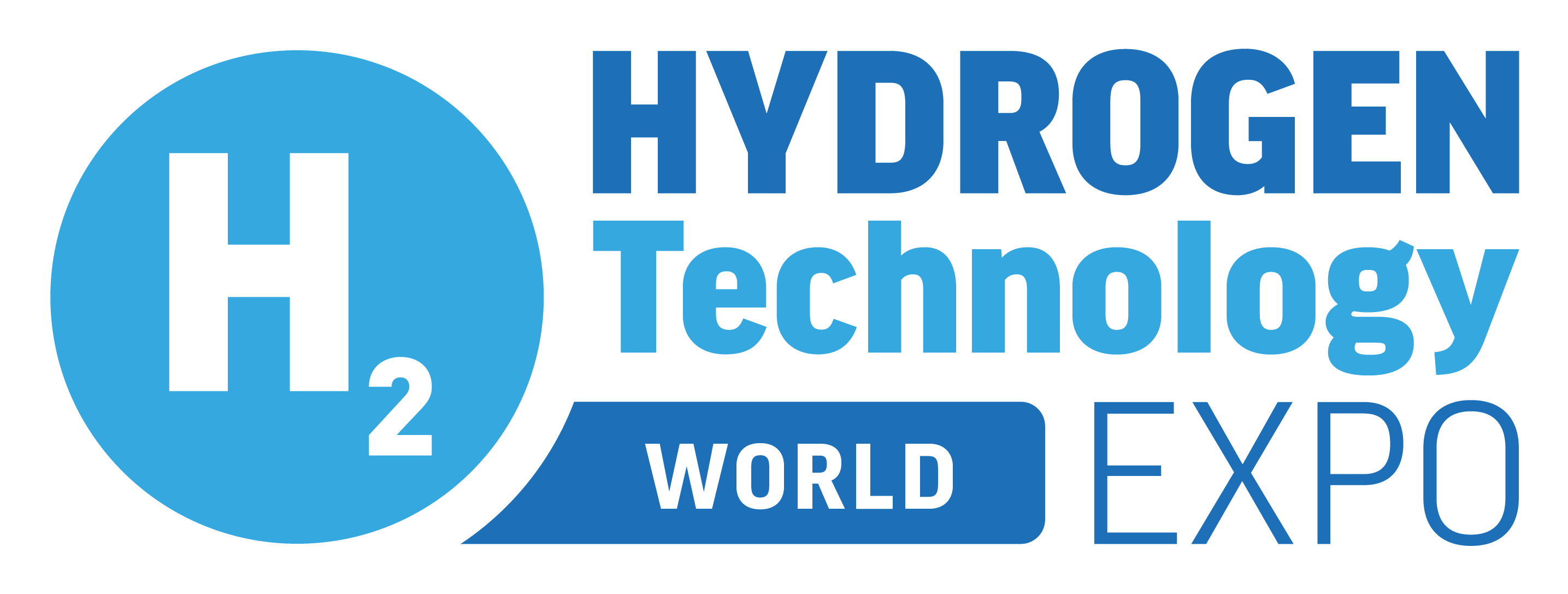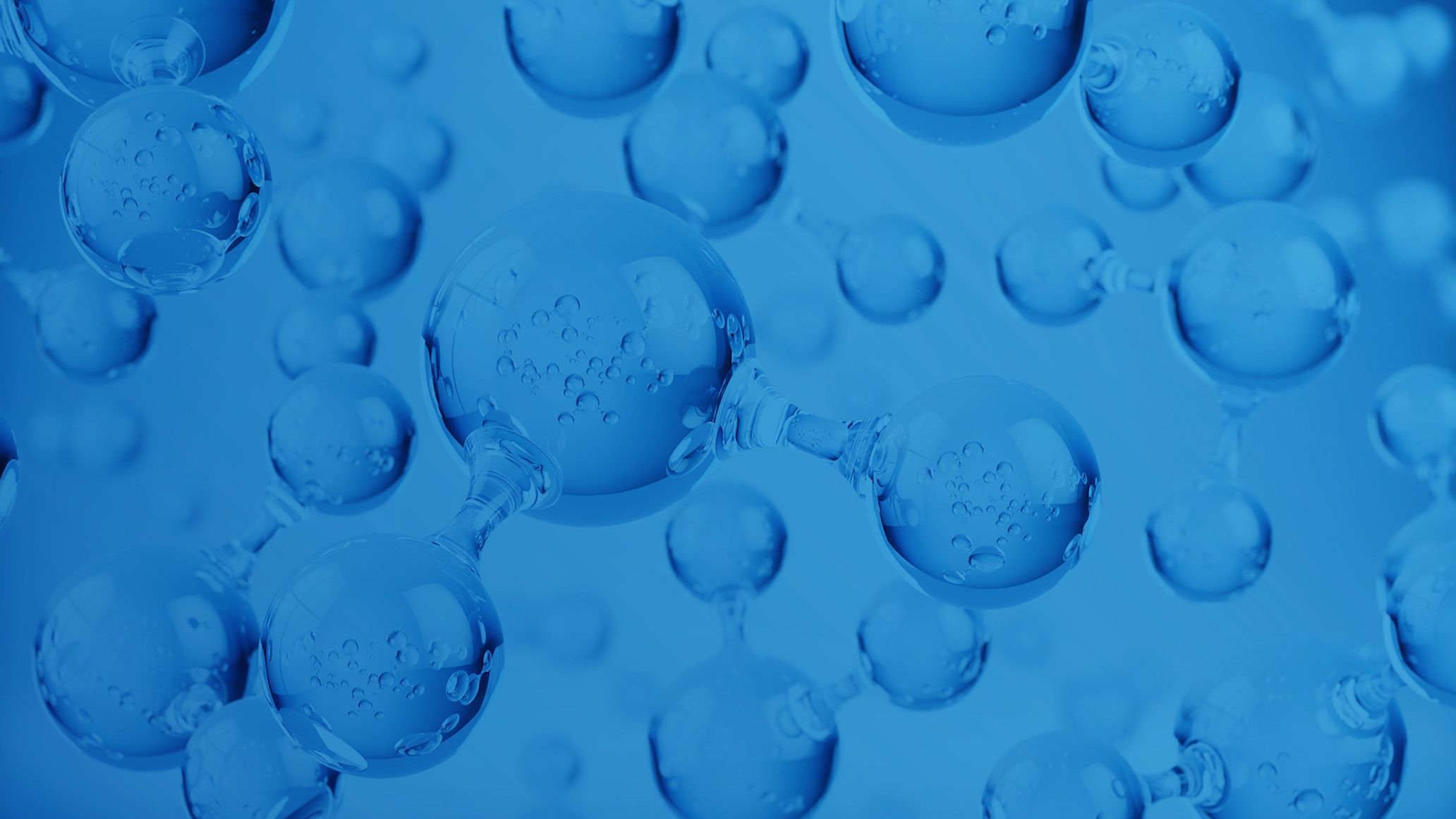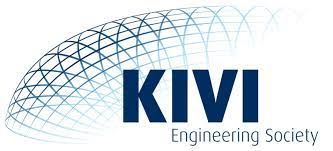Hengst has developed two new pieces of technology Blue.iox and a Carthode air filter system
)
Blue.iox ion exchanger quickly reduces the initial ion concentration in the coolant circuit
During fuel cell operation, ions are introduced into the coolant. These result from the aging of the coolant itself or from components in the coolant circuit. Effective filtration is therefore required to ensure safe operation of the fuel cell. The innovative Blue.iox ion exchanger from Hengst offers an exceptionally high level of protection with minimum maintenance. The unique design of the filter cartridge with axial filter flow and the special mixed bed resin system for cation and anion exchange ensure high filtration efficiency over the entire service interval. The ion concentration in the coolant circuit is thus reduced very rapidly.
Hengst offers various sizes in its modular program, to meet the requirements of smaller systems as well as fuel cell systems for heavy-duty machinery and stationary and maritime applications. Besides offering standard solutions, the core competency of Hengst is system integration, which is put to use here in the development of customized ion exchanger concepts. The Blue.iox from Hengst is also designed for easy maintenance: A screw cap allows the filter cartridge to be replaced cleanly without special tools, while integrated shut-off valves prevent coolant from escaping.
Cathode air filter system to protect the drive even under harsh operating conditions
The airflow of a fuel cell also requires special filtration. To ensure long service life and high performance, the intake air must be very thoroughly cleaned of airborne particles. In addition, pollutants such as nitrogen oxides (NOx), ammonia (NH3) and sulphur dioxide (SO2) can cause unwanted deposits in the fuel cell and damage it.
Cathode air filter systems from Hengst fundamentally have a multi-layered construction. Each layer is optimized for a specific task, so that the interaction of all filter stages in the overall system provides reliable protection against harmful particles and gases in the intake air. A high level of modularity makes it possible to fulfill all requirements for different applications worldwide using standardized technological modules. This minimizes development and application times, increases robustness and durability through the use of time-proven, coordinated components, and ensures highly cost-effective use of the components throughout the service life. The applications for Hengst cathode air filters include small fuel cells, mobile systems in the on- and off-highway segment, as well as large-scale systems for stationary power generation, and ships.




)
)
)
)
)
)
)
)
)
)
)
)
)
)
)
)
)
)
)
)
)
)
)
)
)
)
)
)
)
)
)
)
)
)
)
)
)
)
)
)
)
)
)
)
)

)
)
)
)
)
)
)
)
)
)
)
)


)
)
)
)
)
)
)
)
)
)
)
)

)

)
)
)

)
)
)
)
)
)
)
)
)

)
)
)
)

)
)
)
)
)
)
)
)
)
)


)

